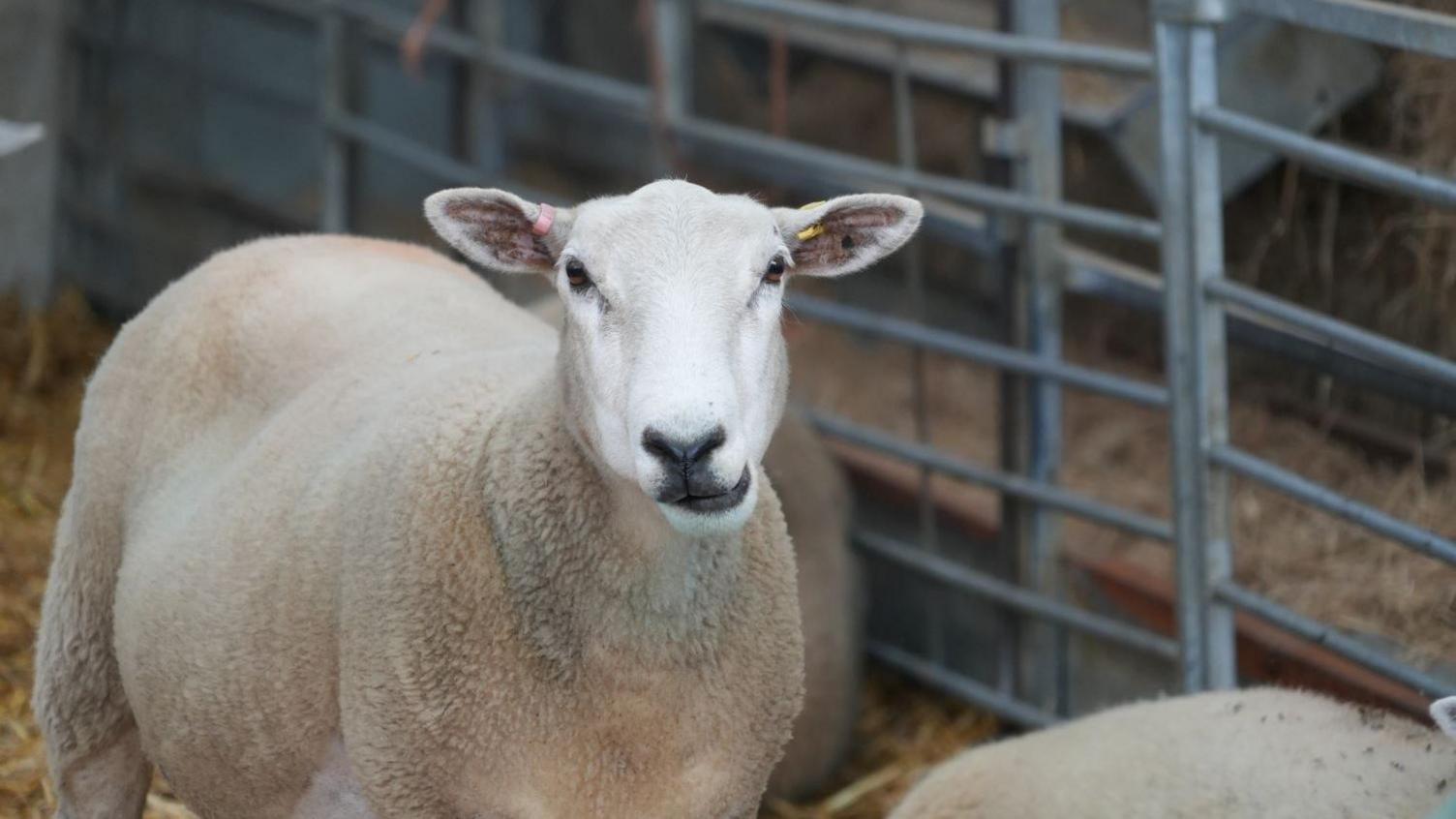Bluetongue restriction zones widen after new cases
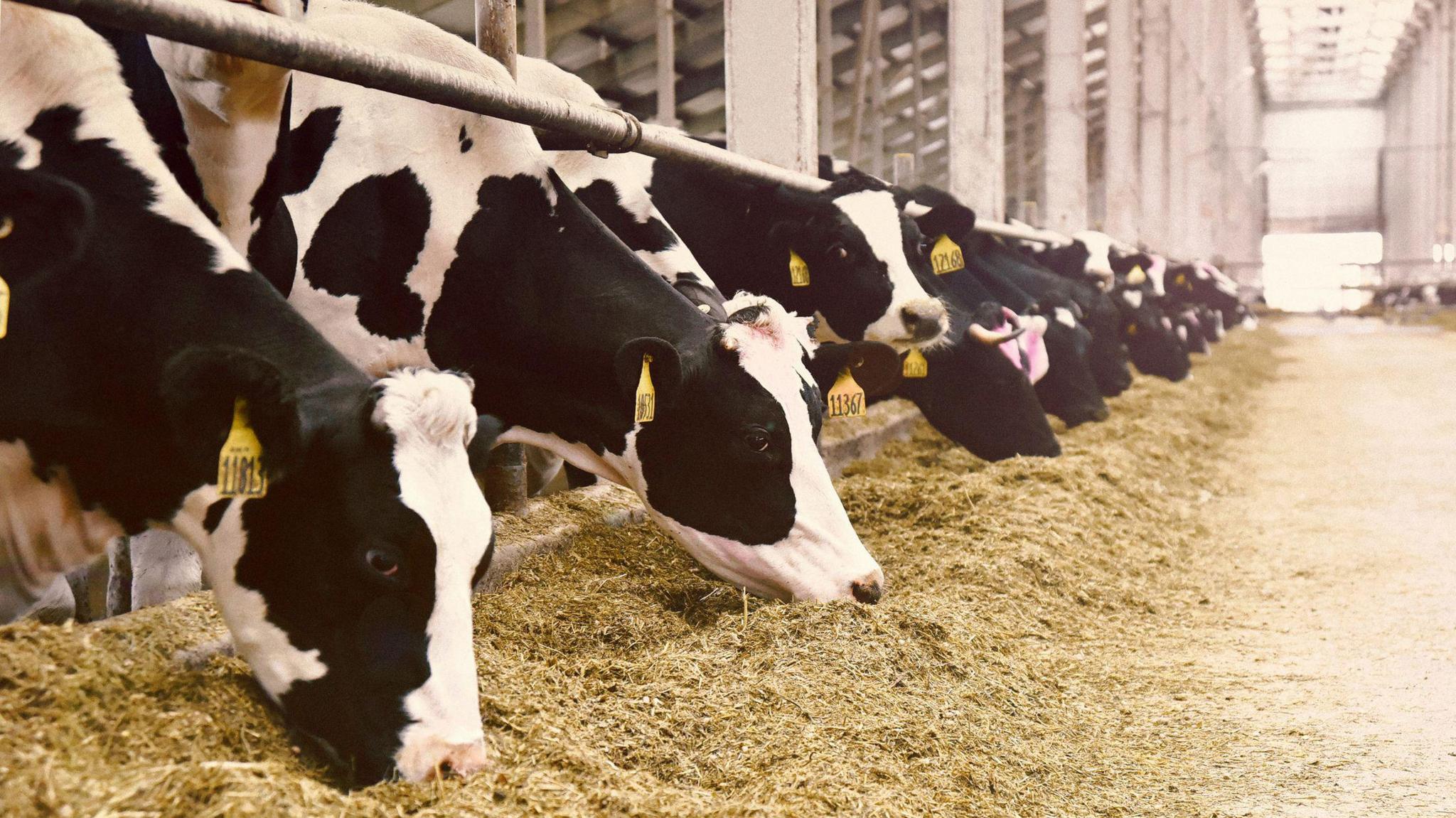
Cows are susceptible to the disease
- Published
A temporary restriction zone brought in to help stem the spread of the bluetongue virus has been replaced by a larger exclusion zone.
After confirmation of the virus, which affects some species of farm animals, at more farms in East Yorkshire and Lincolnshire, the area was expanded on Tuesday.
A statement from Defra said there was "evidence that there is some local transmission of bluetongue virus".
Further south, a restricted zone now covers Norfolk, Suffolk, Essex, Kent, East Sussex and part of Greater London.
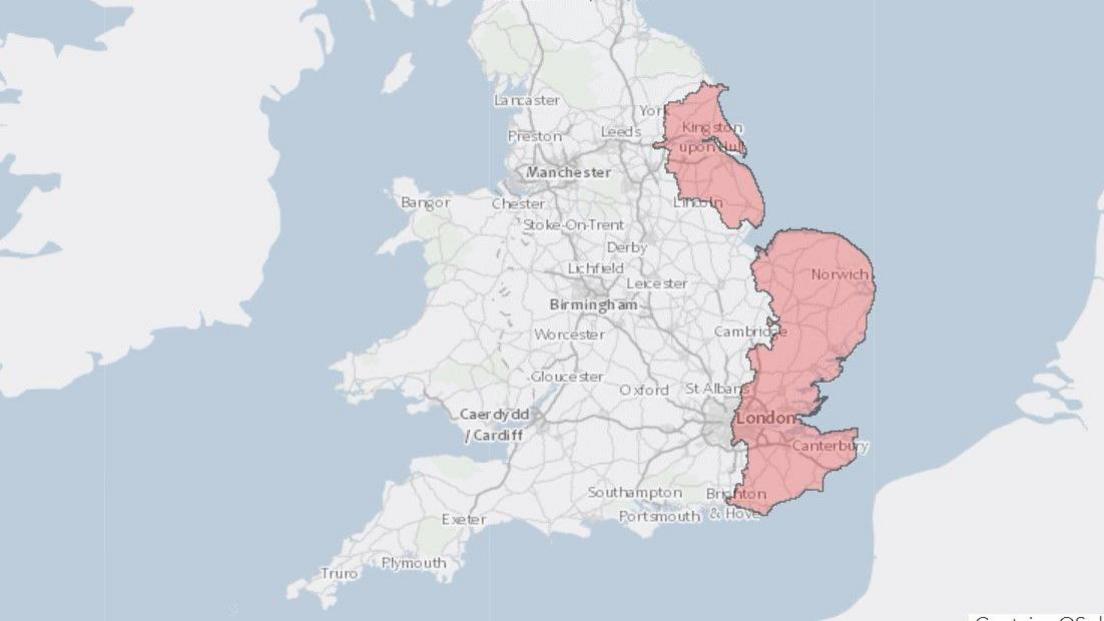
The restriction zones were expanded on 17 September
The total number of premises affected by bluetongue now stands at 69. The figure includes new cases in Lincolnshire, Norfolk, Suffolk, East Sussex and Kent.
Norfolk and Suffolk were the first counties to be affected, and restrictions there were imposed in August.
The first sign of the disease in the Yorkshire and Lincolnshire region was on 4 September, with a case confirmed in Withernsea.
Bluetongue – or BTV-3 – can cause infertility and breathing problems in some animals but does not affect people or food safety.
The virus is spread by midges that are often blown over from mainland Europe during spells of warm weather.
Listen to highlights from Hull and East Yorkshire on BBC Sounds, watch the latest episode of Look North or tell us about a story you think we should be covering here, external.
Related topics
- Published12 September 2024
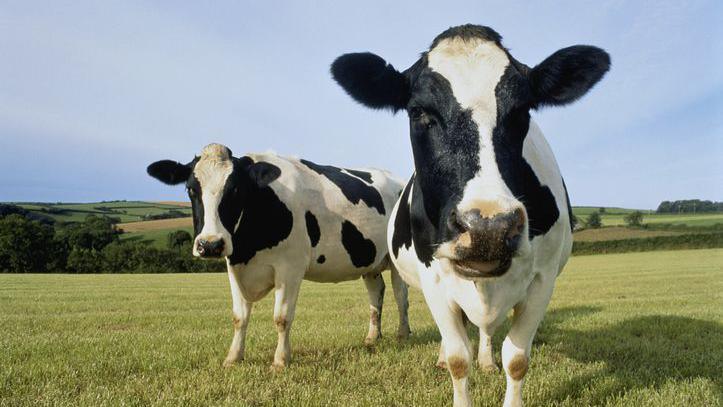
- Published7 September 2024
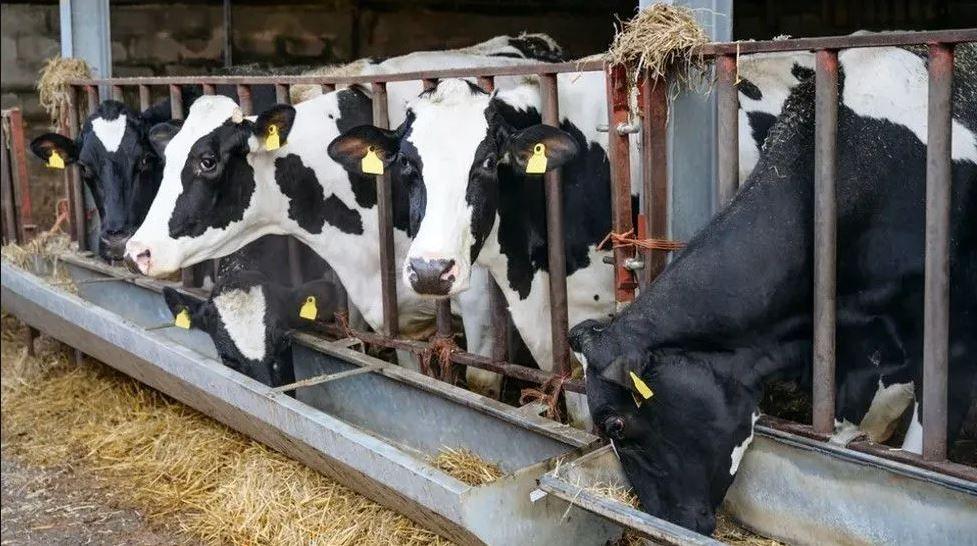
- Published3 September 2024
